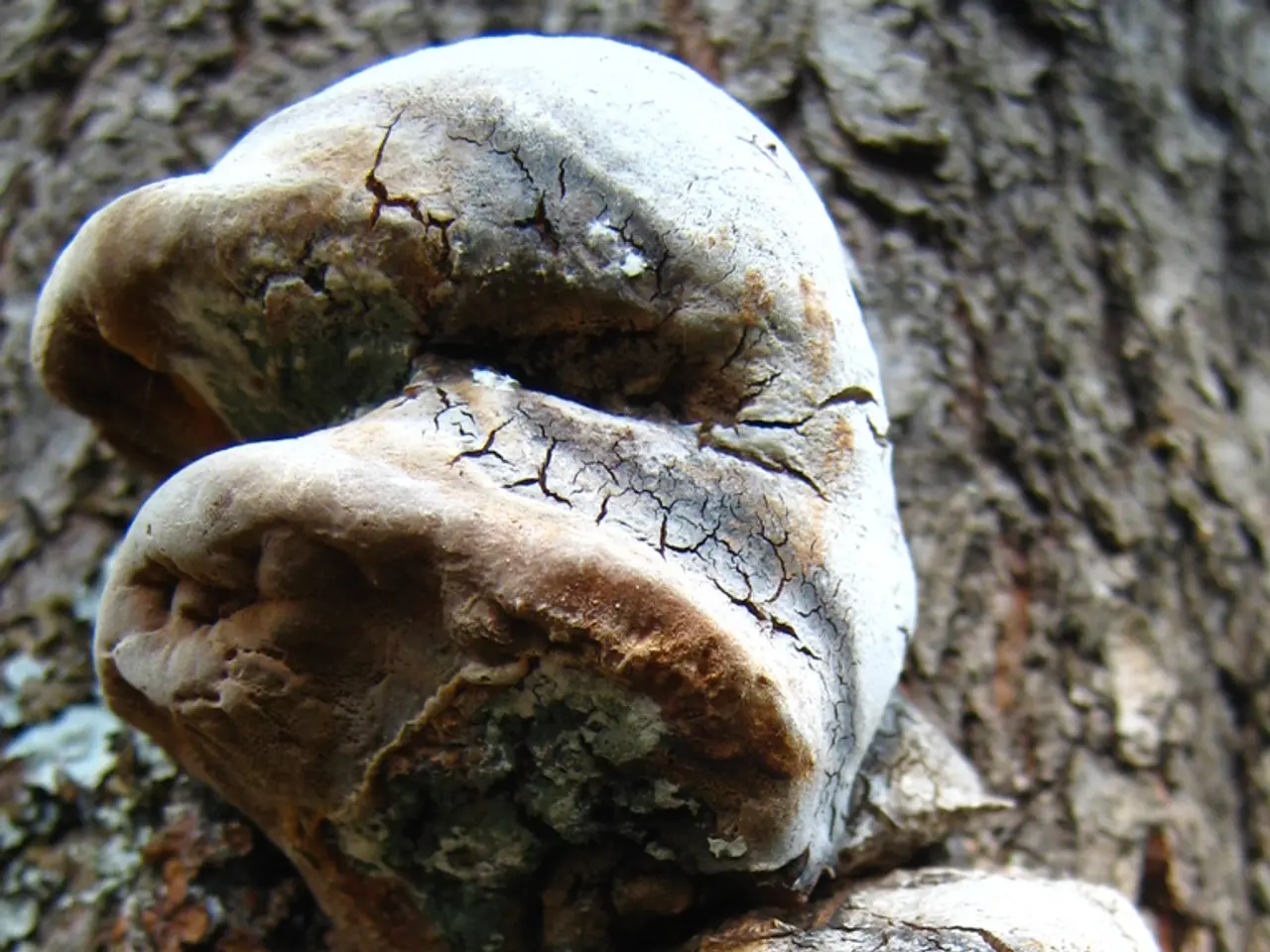New Study: Fungal Enzymes Offer Sustainable Mealybug Control in Mulberry Crops
A groundbreaking study published in 'Discover Agriculture' has revealed a novel method for managing mealybugs in mulberry crops. Led by Y. Nagaraju, with contributions from S. Kikon and R. Reshma, the research explores the use of fungal enzymes to bioscour mealybug wax, offering a sustainable alternative to traditional pest control methods.
The team targeted mealybugs, a notorious pest that causes severe damage to mulberry plants. They isolated specific fungal strains known for their enzyme production capabilities to break down the complex wax structures of mealybugs. Laboratory experiments showed promising results: applying these enzymes significantly increased the mortality rate of mealybugs compared to untreated populations.
Building on these findings, the team conducted field trials to demonstrate the practical applications of this method in real-world agricultural settings. The results were encouraging, showing better control of mealybug populations and promoting a healthier ecosystem.
The potential of this method extends beyond mulberry cultivation. It offers a sustainable framework for managing mealybugs and related pests in other crops. By harnessing the power of fungal enzymes, this research highlights the potential of microbial genetics in agriculture, reducing the ecological footprint of traditional pest control measures.
Read also:
- India's Agriculture Minister Reviews Sector Progress Amid Heavy Rains, Crop Areas Up
- Cyprus, Kuwait Strengthen Strategic Partnership with Upcoming Ministerial Meeting
- Inspired & Paddy Power Extend Virtual Sports Partnership for UK & Ireland Retail
- South West & South East England: Check & Object to Lorry Operator Licensing Now







